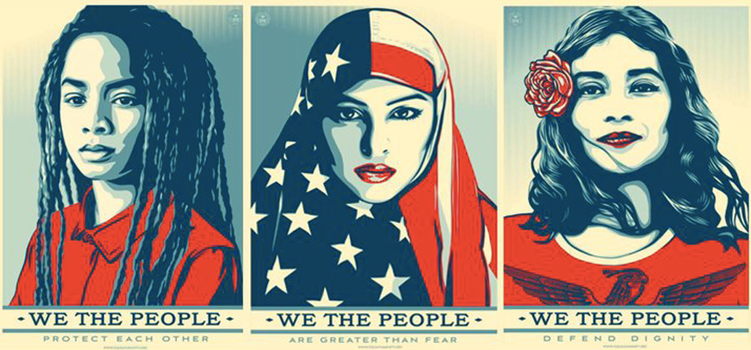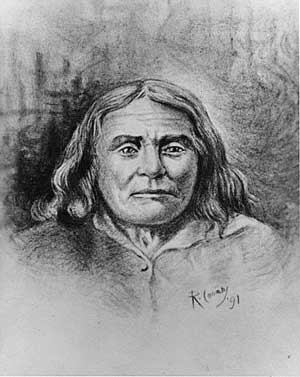In the first quarter we looked at two “big questions” and linked the ideas to the American Revolution, and learned evidence to find supported answers to these big questions when we discussed slavery and our course. This quarter we are still asking these same two big questions but changing the evidence to the key learnings of the American Civil War. Those learnings will be turned in week 6. We again are trying to understand what these big questions mean for our public memory and history about us.
We ended critically thinking about what experts said about history and that time period.
Below we studied the consequences of the Civil War and soon the Reconstruction 1863-1877:
The power of the federal government to enforce the rights granted by the 14th, and 15th amendments which has been exercise since the 1960s is the most significant reverberation. Without the accomplishments of the war, we surely would not have a black president today.
— James McPherson
The transformation of slaves into free laborers and equal citizens is the most dramatic example of the social and political changes unleashed by the Civil War and emancipation.
—Eric Foner
You can say, there's no such thing as slavery anymore, we’re all citizens, but if we're all citizens then we have a task to do to make sure that that too is not a joke. If some citizens live in houses and others live on the street, the Civil War is still going on it. It’s still to be fought, and regrettably, it can still be lost.
—Barbra Fields
Before the war it was said “The United States are…” Grammatically, it was spoken that way and thought of as a collection of independent states. After the war, it was always “The United States is…”—as we say today without being self-conscious at all. And that sums up with what the war accomplished it made us and “is.”
—Shelby Foote
The world has witnessed many wars—in history records and perpetuates their memory, but the world has not seen a nobler and grander war than that which the loyal people of this country are now waging against slaveholding Rebels. The blow we strike is not nearly to free a country or continent—but the whole world from Slavery— for when Slavery fails here— it will fail it will fall everywhere. We have no business to mourn over our mission we are writing the statutes of eternal justice and liberty in the blood of the worst of tyrants as a warning to all after-comers. We should rejoice that there was normal life and health enough in us to stand in our appointed place, and to do this great service for mankind.
—Frederick Douglass
Learning history involves evaluating documents from the past, seriously considering conflicting ideas, drawing conclusions based on reliable evidence, debating ideas with others, and owning the bed as well as the good in the nation’s past. It requires an open mind. It involves wrestling with the uncomfortable as well as uncovering the admirable. The only way to truly know and love a nation is to embrace in it in all its complexity, including its sins as well as its virtues, and work to further a better future.
—Joanne Freeman
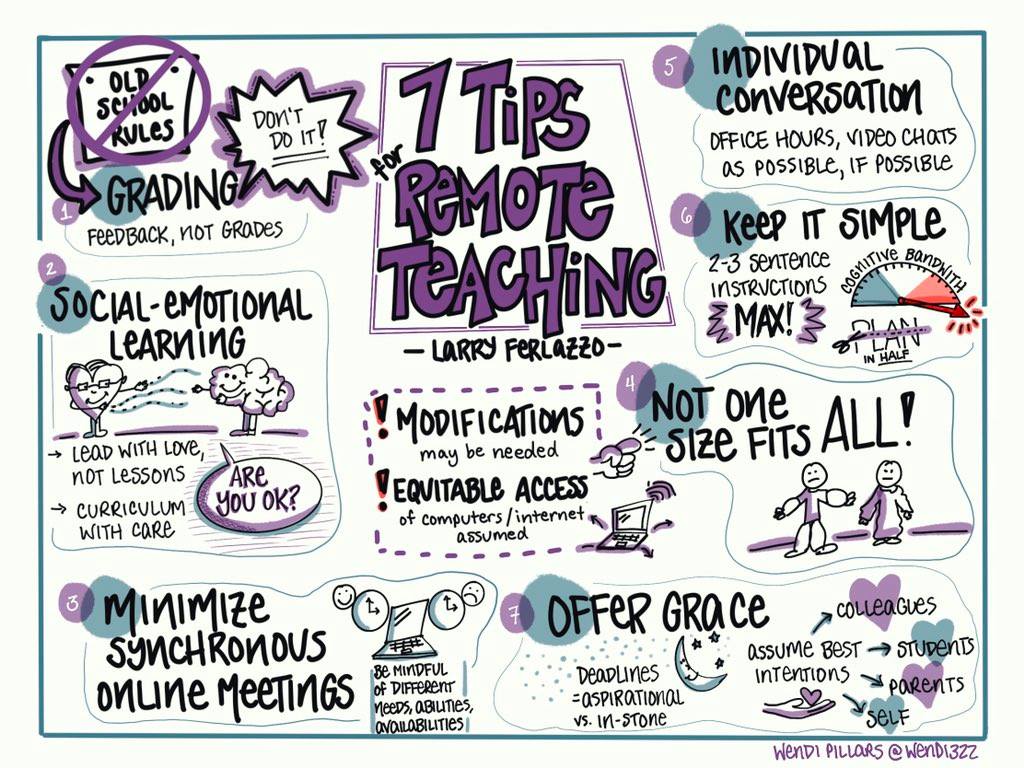
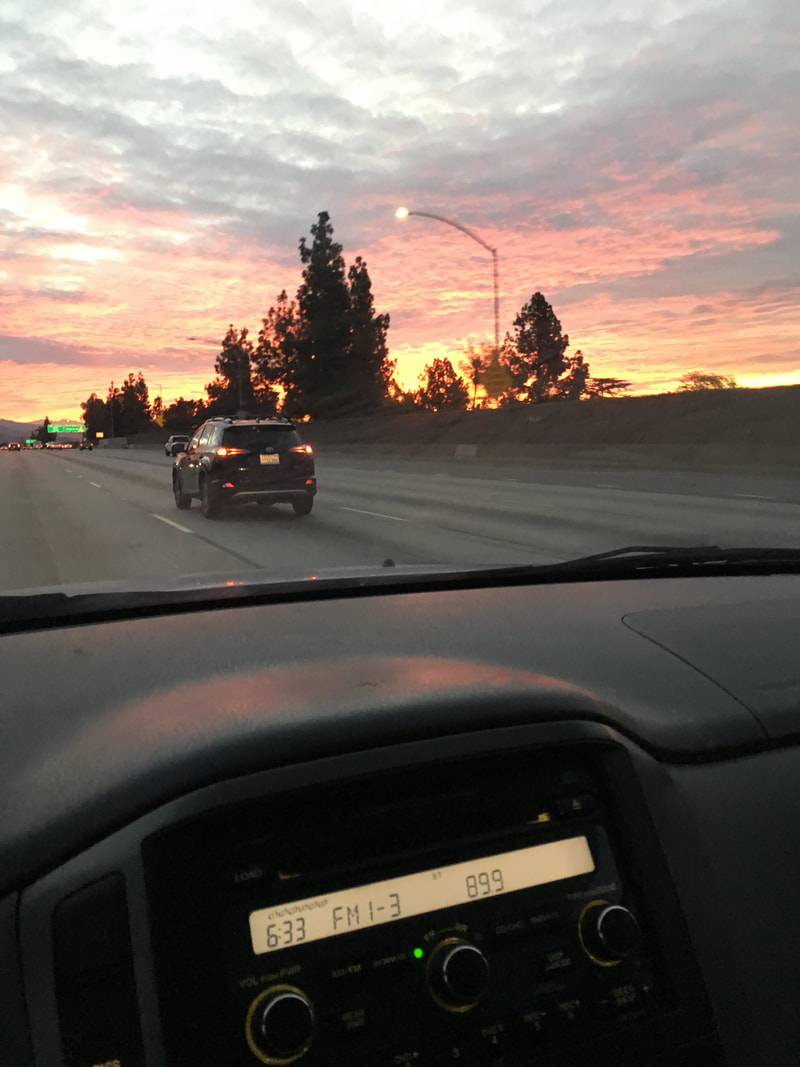
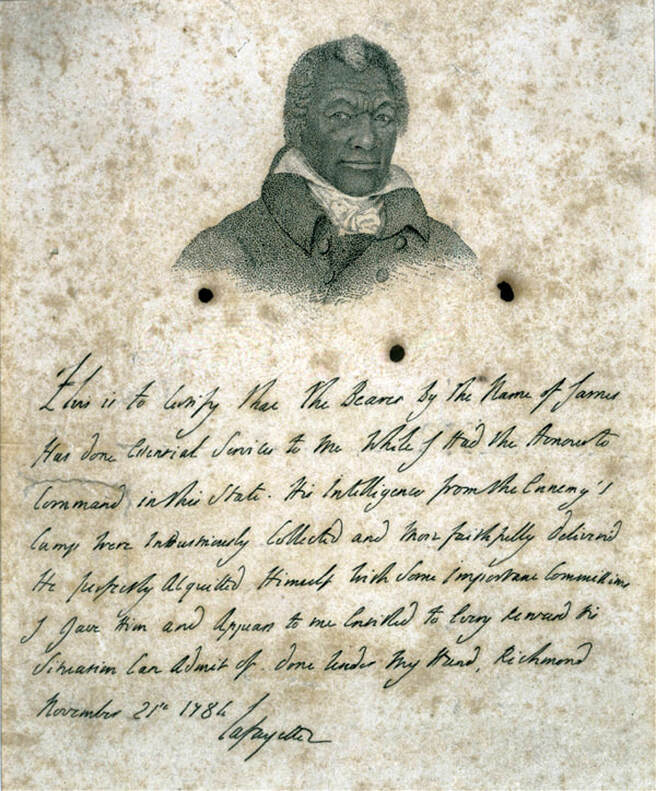
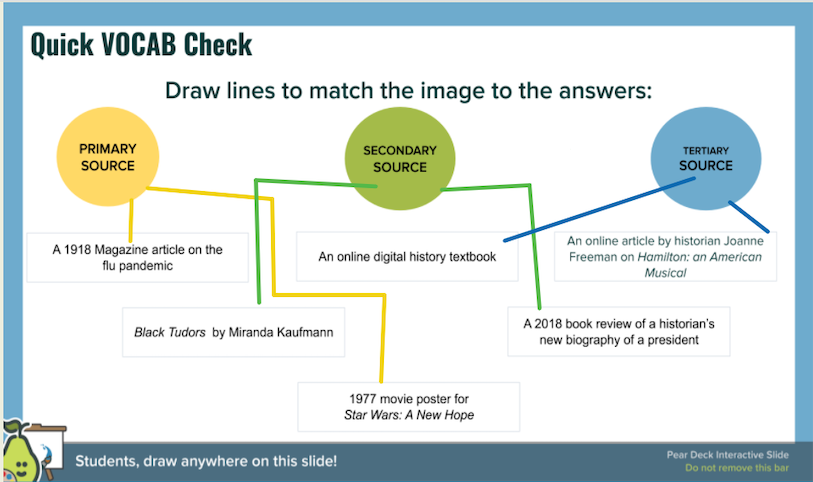
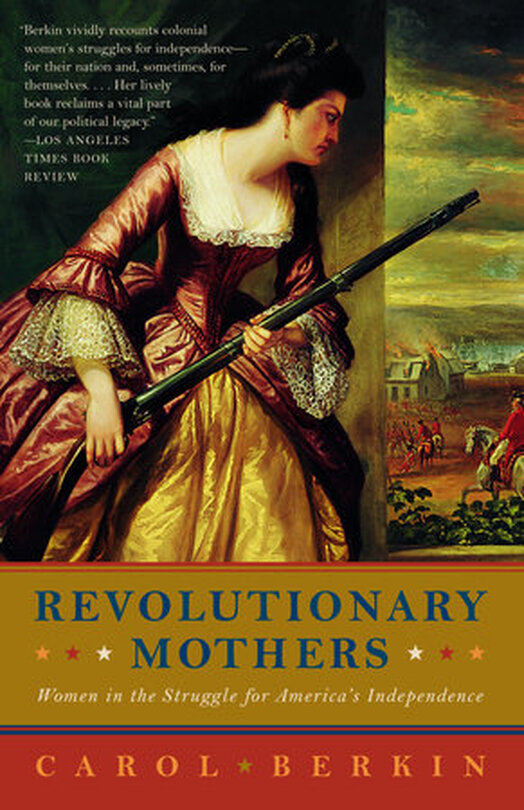
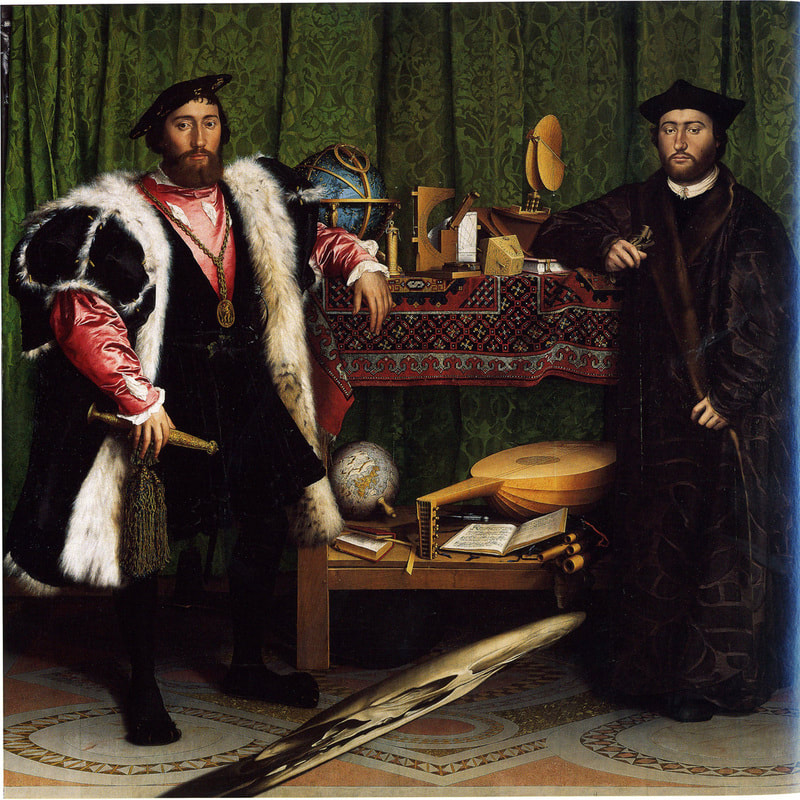
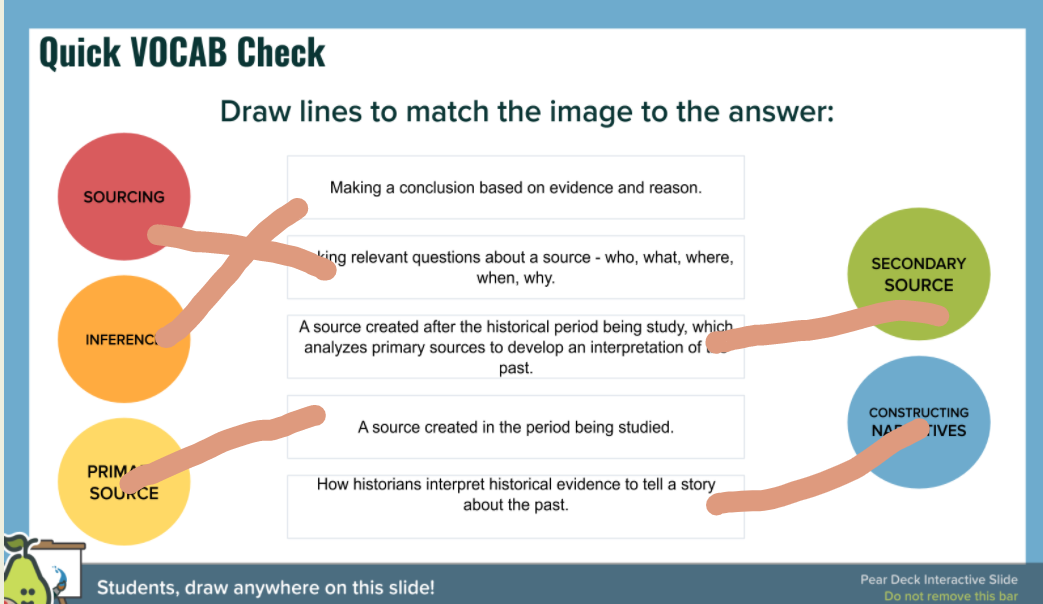
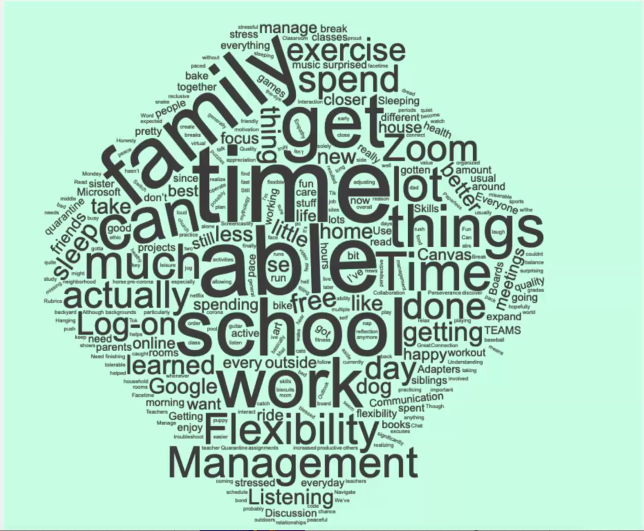
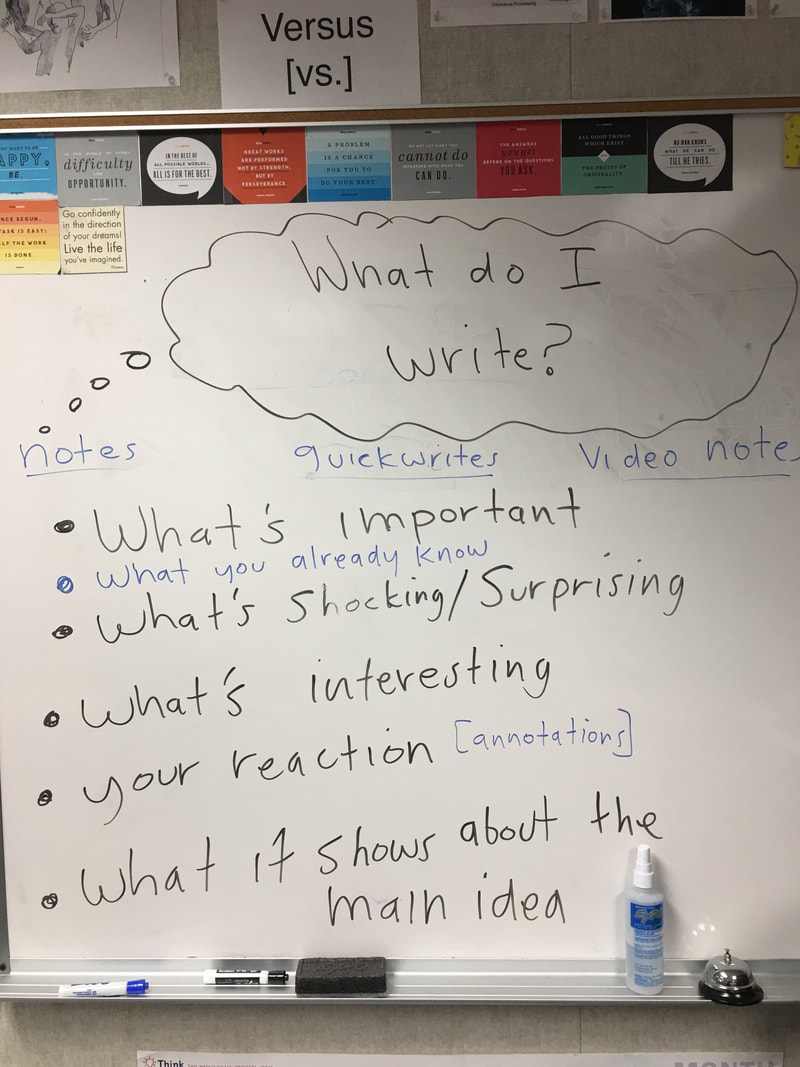
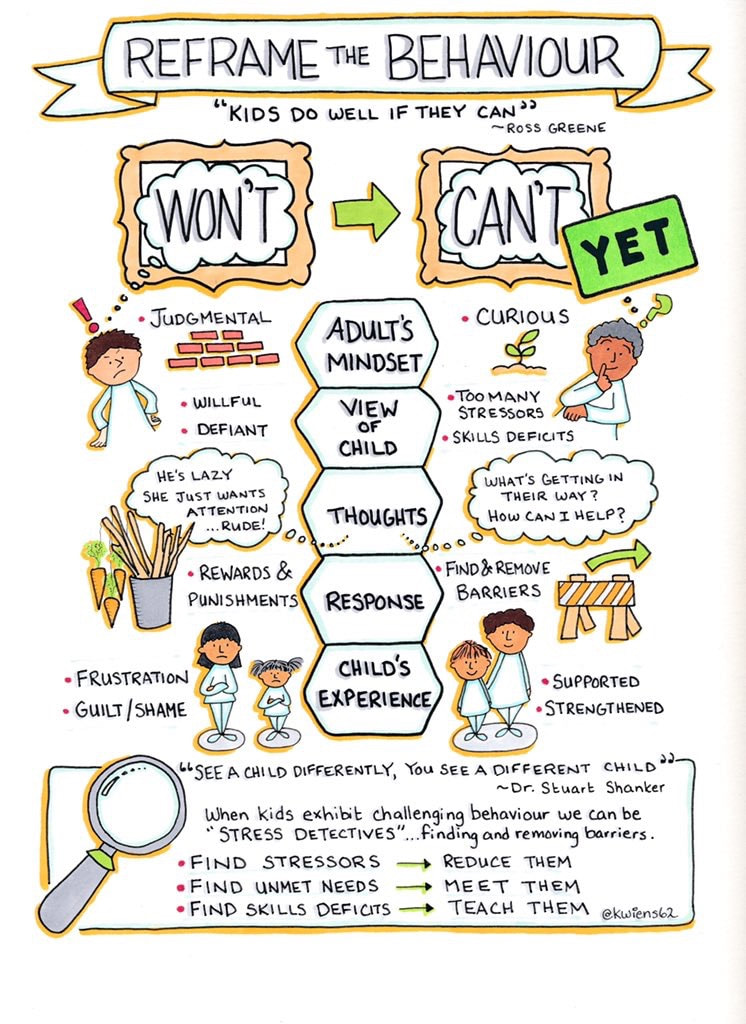
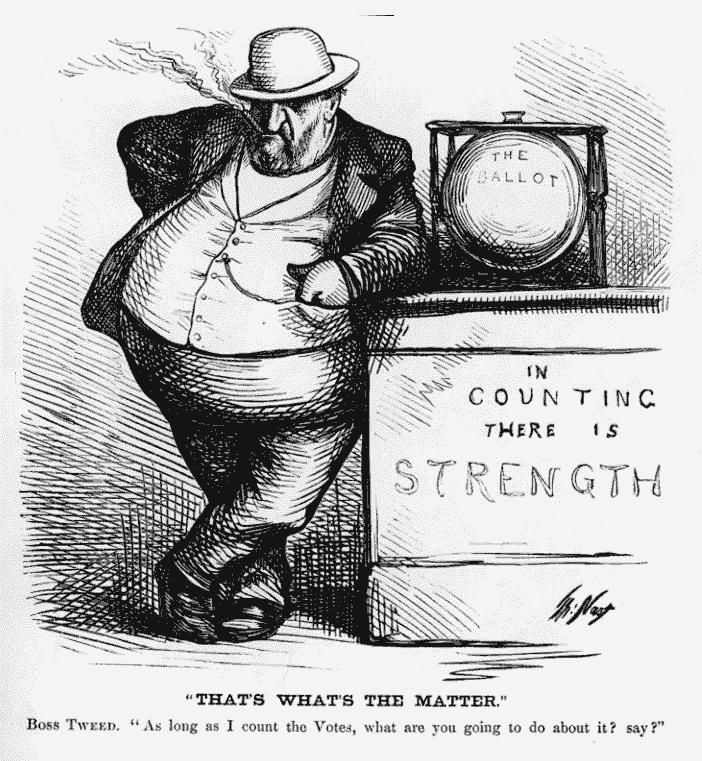
 RSS Feed
RSS Feed
